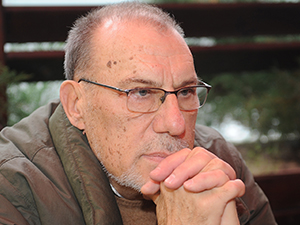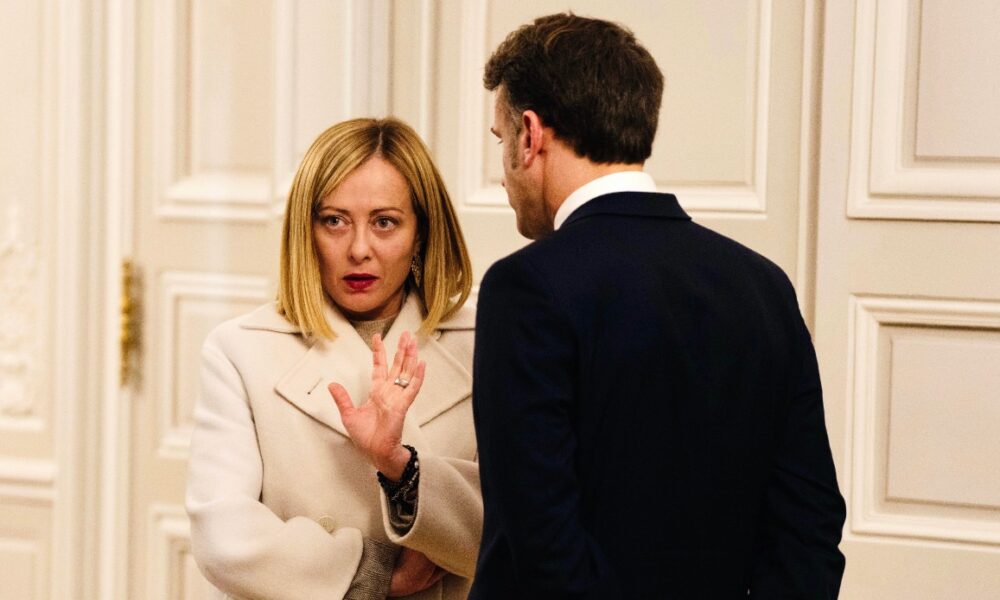Need to change Lithuanian summer understanding
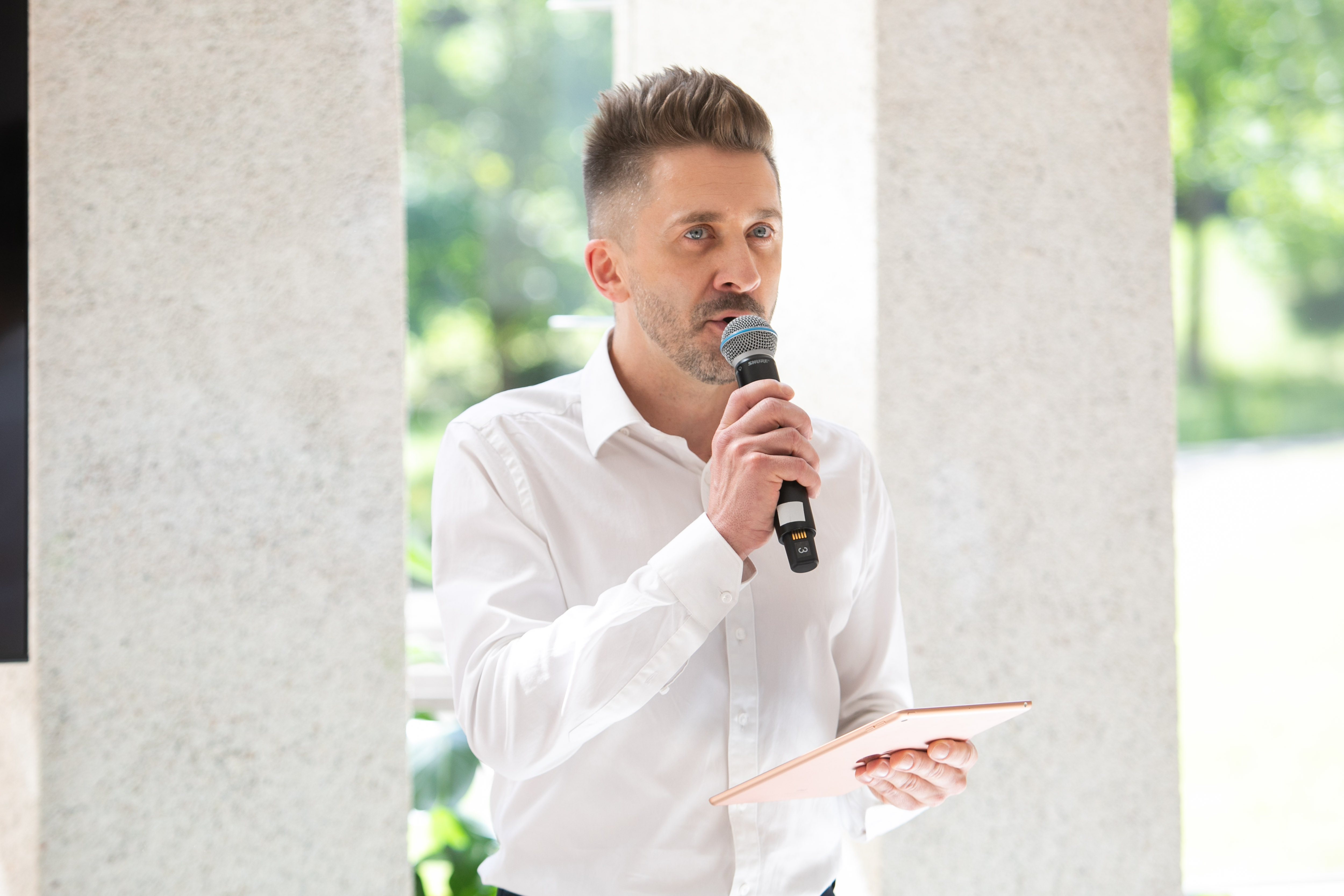
Climatologist Silvestras Dikčius told about his new initiative.
– How did you plan to have such a challenge for yourself and why?
– I really walk a lot and in the summer I plan on walking trips – both in the city and with my friends. We are going to the mountains, but I plan to travel with a backpack in Lithuania. I thought I would like to combine it and face the challenge. Although, in a sense, I face a challenge in everyday life to make 100 trips in Lithuania. I defined what a journey is: at least 5 kilometers, traveling somewhere in a homogeneous distance. Why did I decide to do it now? Now it is very fashionable to climb the highest mountains, swim through the ocean, run through Australia.
I thought – what remains for us ordinary people? Somehow, it seems that if you did not do something of a super majestic – it’s like not worthy of attention. I thought I wanted to encourage people to walk – just take it, sometimes go through the door of the house, to experience something interesting. My challenge, which I communicate on my social networks, is for it, basically for myself – to support physical shape, to see Lithuania, to explore Vilnius, to travel somewhere actively physically and encourage others. Maybe not everyone will go out to make 100 hikes, but maybe 50 hikes in the summer, maybe 30, maybe 10, and maybe one hike can change attitudes to this type of travel.
Full LNK Report – In Video:
– But how did you discover the walk and where do you go? How much are these planned walks, and how much do you go, where do your eyes lead?
– I have been walking a very long time ago – since my teenage years I liked to do it. And later it became my social activities, encouraging people to do so. When it comes to 100 hikes in the summer, I can give some examples what June’s first day looked like – Father’s Day. I went from home, from the Old Town, to congratulate Dad to Fabijoniškės. I walked more than 8 kilometers, it was a very serious hike. I did not march on the most straight path – I chose a nicer route. Also one day in the morning I went to the Vilnius Castle Reserve, known as a mountain park. There I had a physically difficult march where I went and came up.
Sometimes the hikes will be spontaneous outputs, but it should still be a homogeneous journey. Sometimes we will be planned as we plan to go to the Dolomite Mountains with friends in early July. There will be a whole week of very intense hikes. But there will also be where I will put on my backpack and travel in Lithuania for a few days, sleeping in a tent by the lake. I also look forward to it and I do it almost every summer.
– In the same eyes – infrastructure, sidewalks – are they adapted in the capital? Or in Lithuania, after which you also walk?
– This is a very good situation in the capital – especially in the central part and in general in Vilnius. In fact, Vilnius is a very walking city. When we see a lot of passing people, it must be understood that pedestrians are the life of the city. A city with no pedestrian, cars alone – it is very dead, insecure and even less interesting to travel there. Elsewhere in Lithuania, there is, of course, a situation. Let’s say we can go in the center of Vilnius, wherever we want – there is even a so -called walking index, which is very high. But when I go to my brother, for example, to Avižieniai, you won’t go anywhere, because not only are there no normal sidewalk, but there are no sidewalks. In many places in Lithuania, there is really this situation – especially in smaller towns, people are very accustomed to cars because there are no conditions for pedestrians. When it comes to longevity, I have heard where people start in the United States to live healthier and longer – the towns are built by sidewalks.
Silvestras Dikčius. Photo by R. Riabov / BNS
– And Lithuanians walk? Is the car and public transport our first choice?
– Of course, Lithuanians are more choosing a car. This is because we have a lot of territory, we have to go somewhere – we need both nature and the homestead. For myself, living without a car, it takes the most summer when I want to get out somewhere into nature. Without a car in Lithuania it is difficult to live in, but in a city like Vilnius, it is quite possible and even possible to get all the benefits: naturally moving, spending less money and even being healthier.
Now we should change the understanding of Lithuanian summer – Lithuanian summer is a contrasting summer.
– What will you do if half of the summer?
– Going through the rain is natural. I even take the umbrella, not the raincoat. He says that it is not the name of our country from the rain, but it is sometimes strange to me as we Lithuanians are afraid of rain. You pulled out an umbrella – and everything can travel further. Or somehow differently from the rain. I will definitely travel too rain – he will not scare me.
– You are a climatologist – can you answer the eternal question: What will the summer of 2025 be?
– No one knows exactly. This thing is chasing all the time, and many times have been answered why we do not know. It is impossible to explain very quickly very quickly, but the atmosphere is chaotic. Now, we are not predicted by people, but digital models. Even supercomputers cannot basically count what summer will be like. Now the « Lithuanian summer » is such a folk term and is usually associated with the fact that it will be cool or humid. Now we should change the understanding of Lithuanian summer – Lithuanian summer is a contrasting summer. It means that there will be huge jumps that we will see and very soon – when one day will be approximately 28 degrees Celsius, the next day – 16 degrees Celsius.
We will probably have temperature waves in the first part of the summer. In June, there are clearer trend forecasts so far – it will not be very warm, but it will be wavy, it can be called more « Lithuanian summer ». And for the second half, there are no more accurate forecasts, but it is likely that the tropical air masses are uncomfortable and we will not have the characteristic moisture and cool, but the more huge contrasts we experience now – practically every summer.
– But do you understand the dissatisfaction and anger of Lithuanians with synoptics that predict one, and that day is quite different?
– That’s why I quit this job about twelve years ago. At the time, there was no artificial intelligence, but then I realized that digital technology had taken my work. The synoptic now predicts most often for a very short period of time, he is a mediator between digital models and between the media and society, and computers form weather forecasts. I decided that I didn’t need it anymore, I gave up the work of computers. I think people have to be angry with something, and in this case the poor synoptics find themselves in the first lines we discharge. In fact, the forecast nowadays has neither name nor face – digital forecasts.

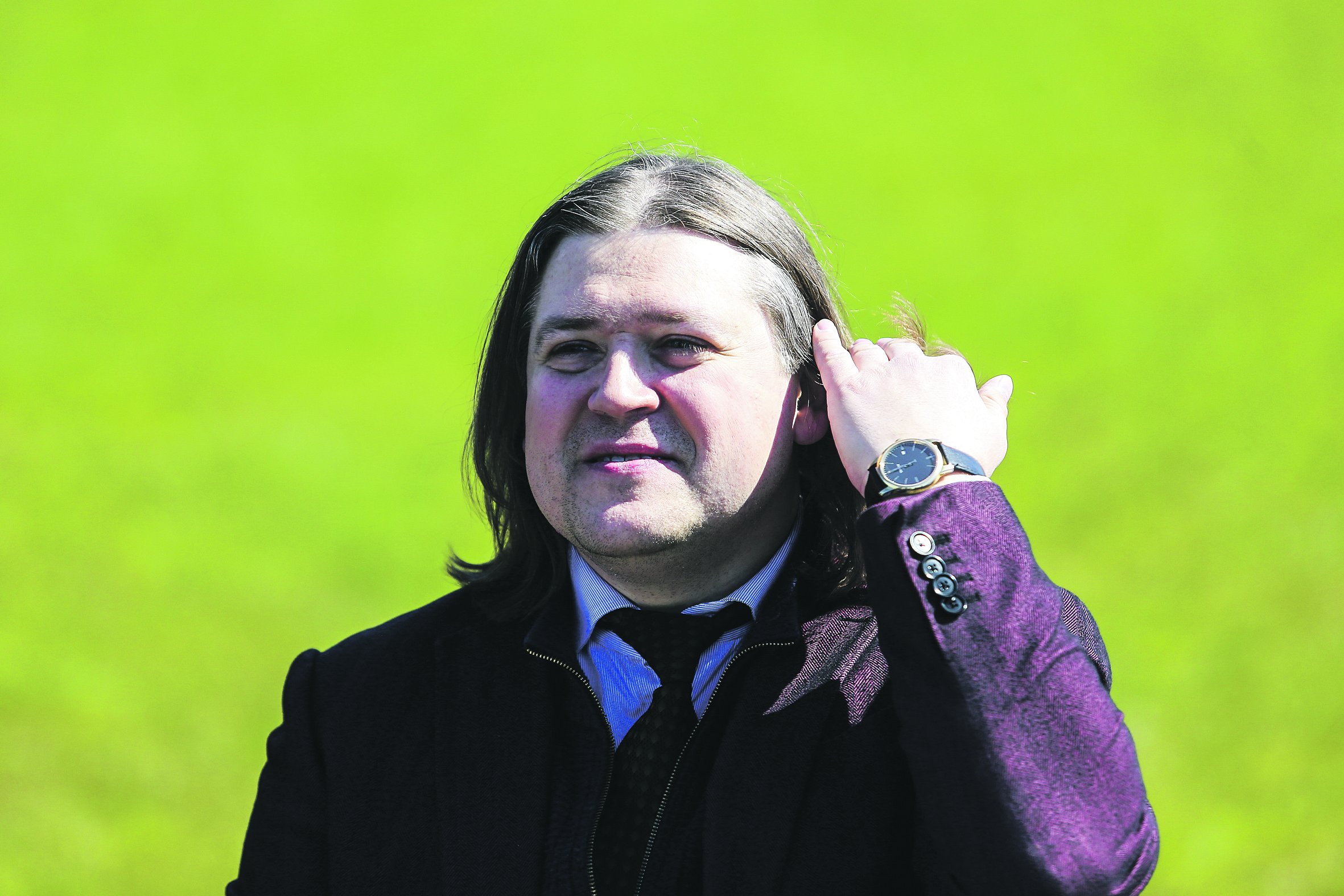
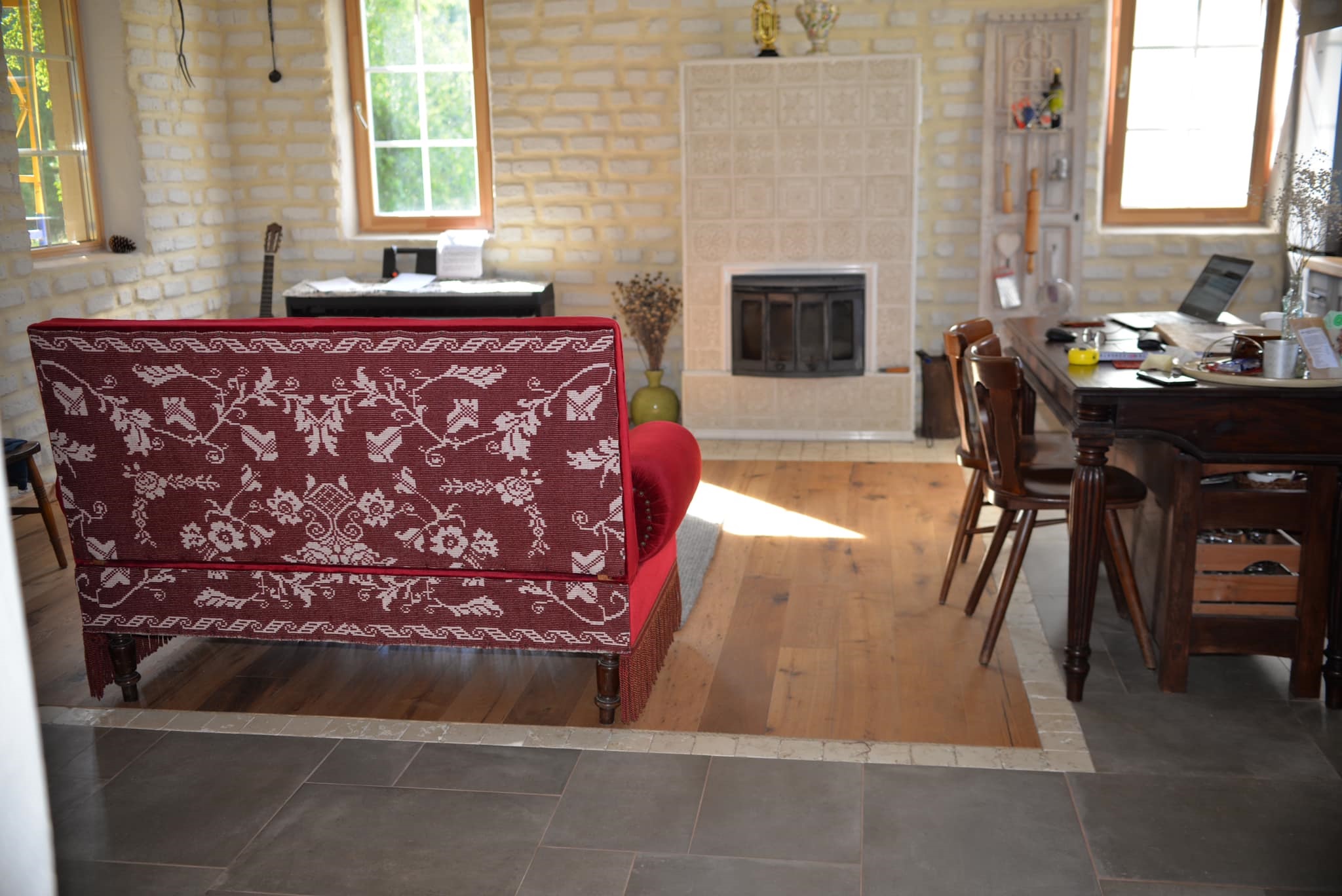


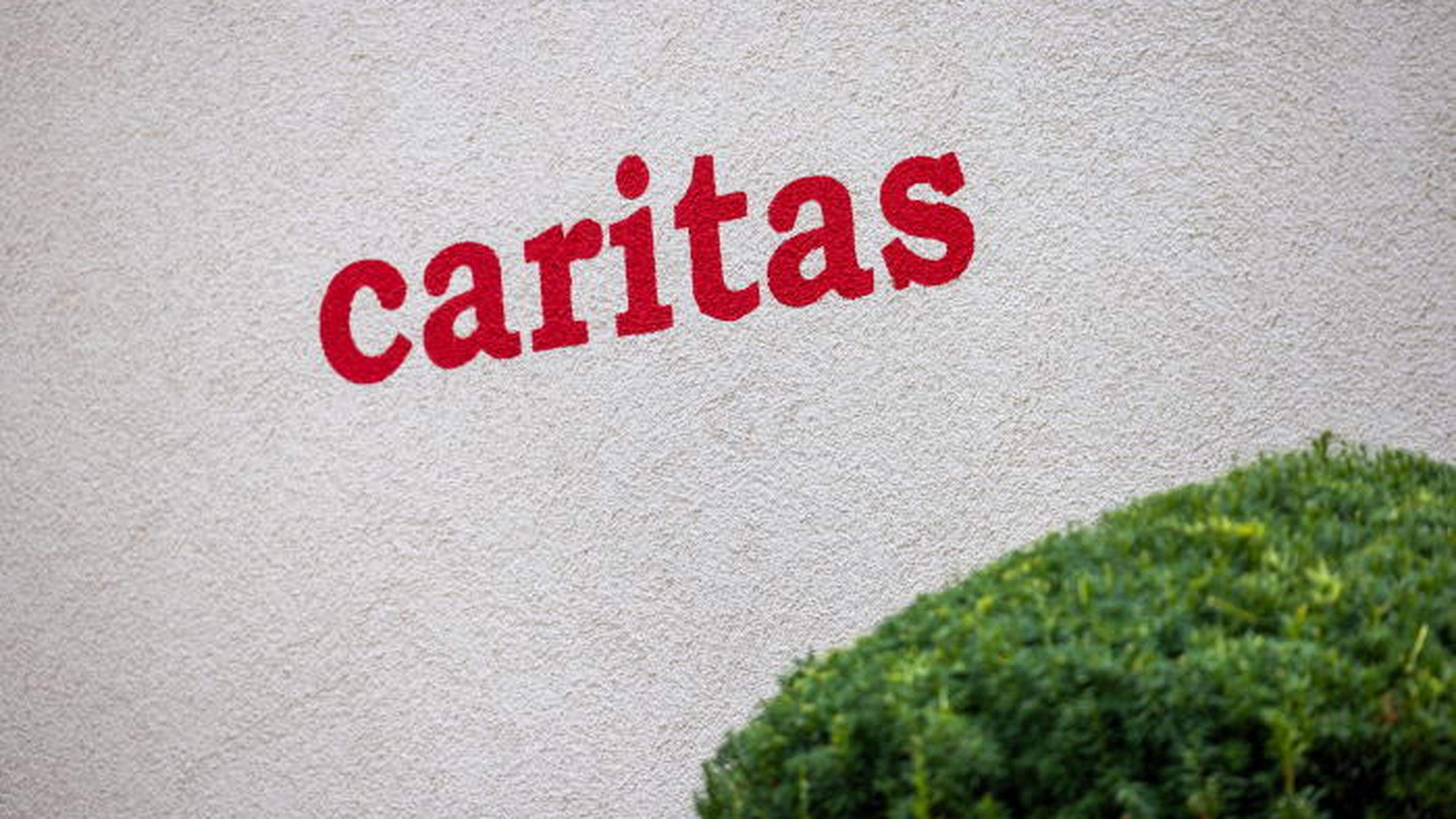
:format(webp)/s3/static.nrc.nl/wp-content/uploads/2025/06/11102856/data133476860-8340d6.jpg)
